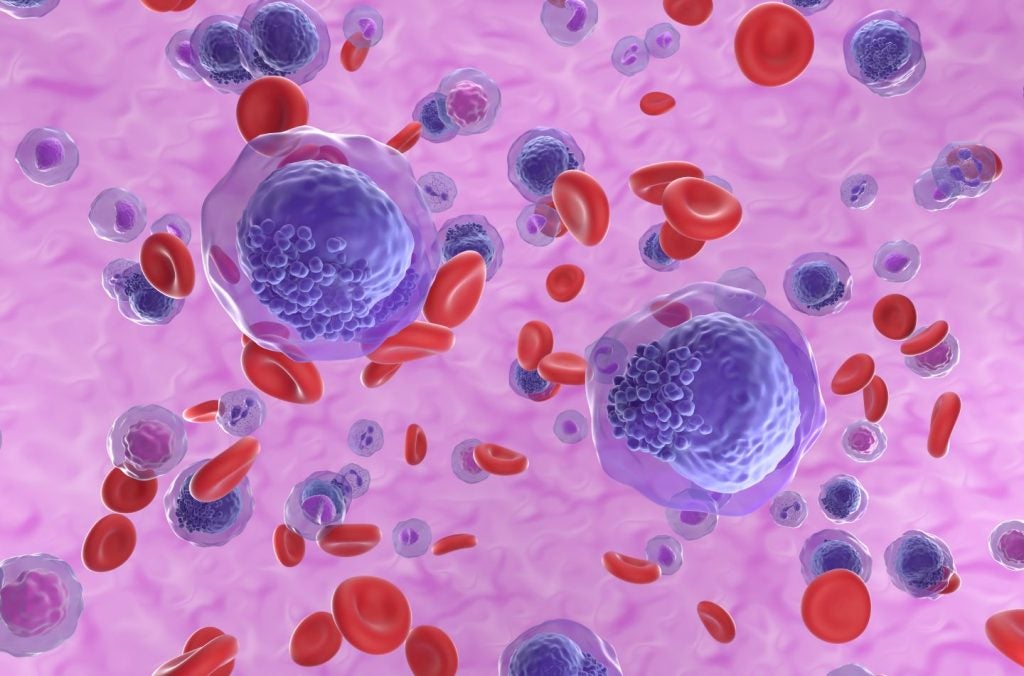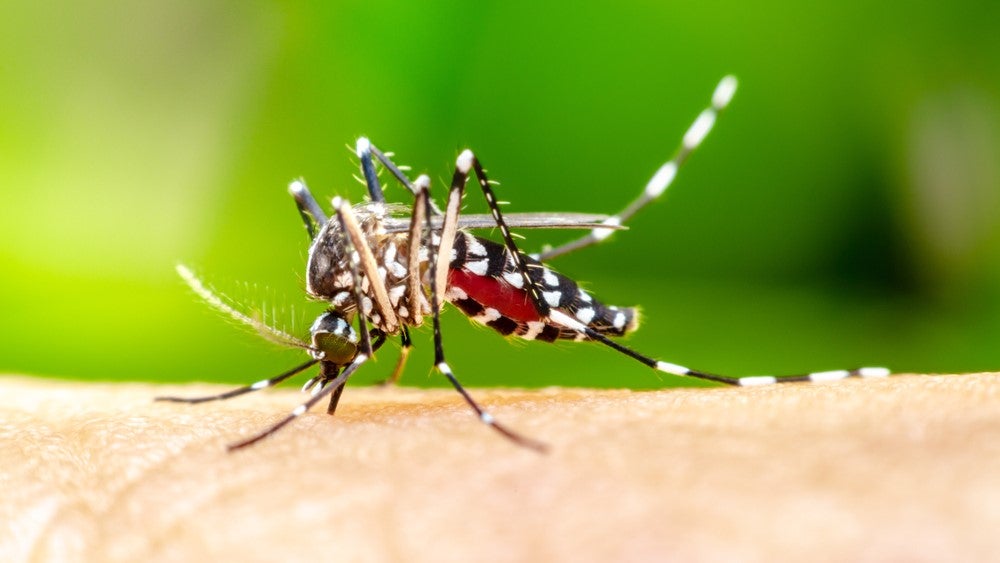On 20 July 2023, the FDA granted approval for Daiichi Sankyo's blood cancer treatment Vanflyta (quizartinib dihydrochloride), which had been denied approval four years previously. According to Daiichi Sankyo’s press release, Vanflyta has become the pioneering FLT3 inhibitor to gain approval for FLT3 internal tandem duplication (FLT3-ITD)-positive acute myeloid leukaemia (AML) across all three treatment phases in newly diagnosed patients. The approved treatment regimen involves combining the drug with standard cytarabine and anthracycline induction, as well as cytarabine consolidation, followed by maintenance monotherapy after consolidation chemotherapy.
An FDA advisory panel opposed Vanflyta’s approval in 2019, citing concerns that the benefits of the drug's efficacy did not justify the associated safety risks for AML patients. Despite this setback, Daiichi Sankyo pursued a new drug application (NDA) in October 2022, supported by data from the QuANTUM-First Phase III trial. The results revealed that the Vanflyta regimen led to a noteworthy 22.4% reduction in the risk of death compared to patients receiving chemotherapy alone. Additionally, patients treated with Vanflyta exhibited a significantly prolonged median duration of complete remission, lasting 38.6 months, in contrast to the 12.4 months observed in the placebo plus standard chemotherapy group. Subsequently, the FDA granted approval for the use of Vanflyta. However, the drug is associated with a boxed warning due to the potential risk of QT prolongation, which refers to an extended interval between the heart's contractions and relaxations, along with other cardiac risks. Consequently, the availability of Vanflyta will be limited to specific conditions governed by the Vanflyta Risk Evaluation and Mitigation Strategy, considering the medication's associated risks.
Novartis's Rydapt (midostaurin) and Astellas’s Xospata (gilteritinib) have already secured a head start in the US market, both drugs also targeting FLT3 gene mutations. However, Xospata possesses a narrower label, as it is approved exclusively for patients whose disease either remains unresponsive to prior treatments or has relapsed. For Daiichi Sankyo, differentiating Vanflyta from its competitors in the AML space will likely rely on obtaining approval across all three phases of treatment. This comprehensive approach will be crucial in setting Vanflyta apart from the rest of the AML treatments available, with GlobalData forecasting global sales to reach $313m in 2029.
Note: The first paragraph of this article has been updated to reflect the correct date of Vanflyta's FDA approval.














